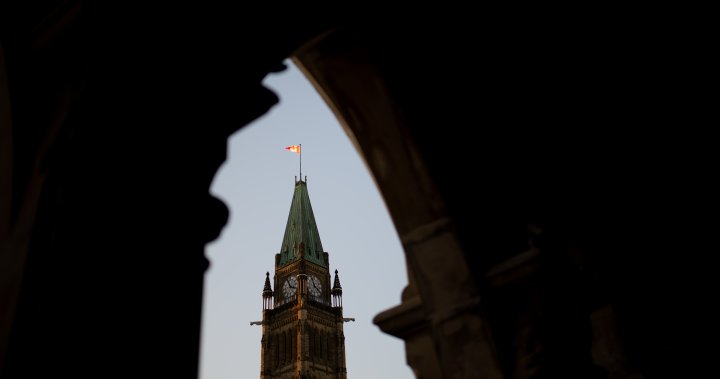A Conservative bill to remove GST from Ottawa’s carbon pricing plan could eventually lead to $1 billion in lost tax revenue, the parliamentary budget officer (PBO) says.
The federal watchdog on Tuesday released a report on Bill C-358, which was tabled in the House of Commons by Tory MP Alex Ruff in October.
Ruff said at the time the bill calls for an amendment to the Excise Tax Act to remove GST from the government’s carbon pricing plan.
“While many Canadians would prefer to axe the carbon tax altogether, this is a common-sense interim measure to provide relief to millions of Canadians while we await a future Conservative government,” Ruff told the House of Commons on Oct. 4.
“With the carbon tax set to increase over the coming years, the GST collected on such a tax will increase with it. Given the current inflationary environment that is driving up the costs of everyday goods, there is no need for Canadians to be paying a tax on a tax.”

The PBO’s Tuesday report analyzed the potential impacts the bill may have if it became law. It has yet to make it to the second reading.
Get the latest Money 123 news.
Sent to your email, every week.
In calculating its figures, PBO projected the reduction in GST revenues by multiplying final demand greenhouse gas emissions (GHG) for all commodities by a national equivalent carbon price, assuming full pass-through to market prices, and then multiplied the carbon price revenues by the effective GST rates across these commodities.
PBO used an interprovincial input-output model that simulates final demand carbon costs to determine GHG emissions by commodity subject to the GST. The GHG emissions were adjusted to take into account the temporary pause in the federal fuel charge on heating oil, in all jurisdictions where it currently applies, until 2026-27.
PBO also assumed that a national carbon price equivalent to federal carbon pricing was applied in every province and territory, given that a province or territory must meet a minimum national stringency standard, even if it chooses to use its own pricing system.

It also noted several sources of uncertainty, but determined if Bill C-358 became law, it would reduce federal GST revenues by $486 million in 2023-24, and by $1.015 billion in 2030-31.
The Conservatives have called for relief on the carbon pricing plan amid the ongoing fight against high inflation.
One of the Liberals’ flagship policies, carbon pricing was in the spotlight in October after Prime Minister Justin Trudeau announced a three-year pause on the carbon price for home heating oil. It is widely used in Atlantic Canada, which led to widespread criticism from premiers elsewhere in the country Canada, calling it unfair.
Conservative Leader Pierre Poilievre attempted to have Ottawa extend its carbon price pause to all forms of home heating in November, but his motion was defeated as the Bloc Quebecois joined the Liberals to vote it down.
© 2024 Global News, a division of Corus Entertainment Inc.










